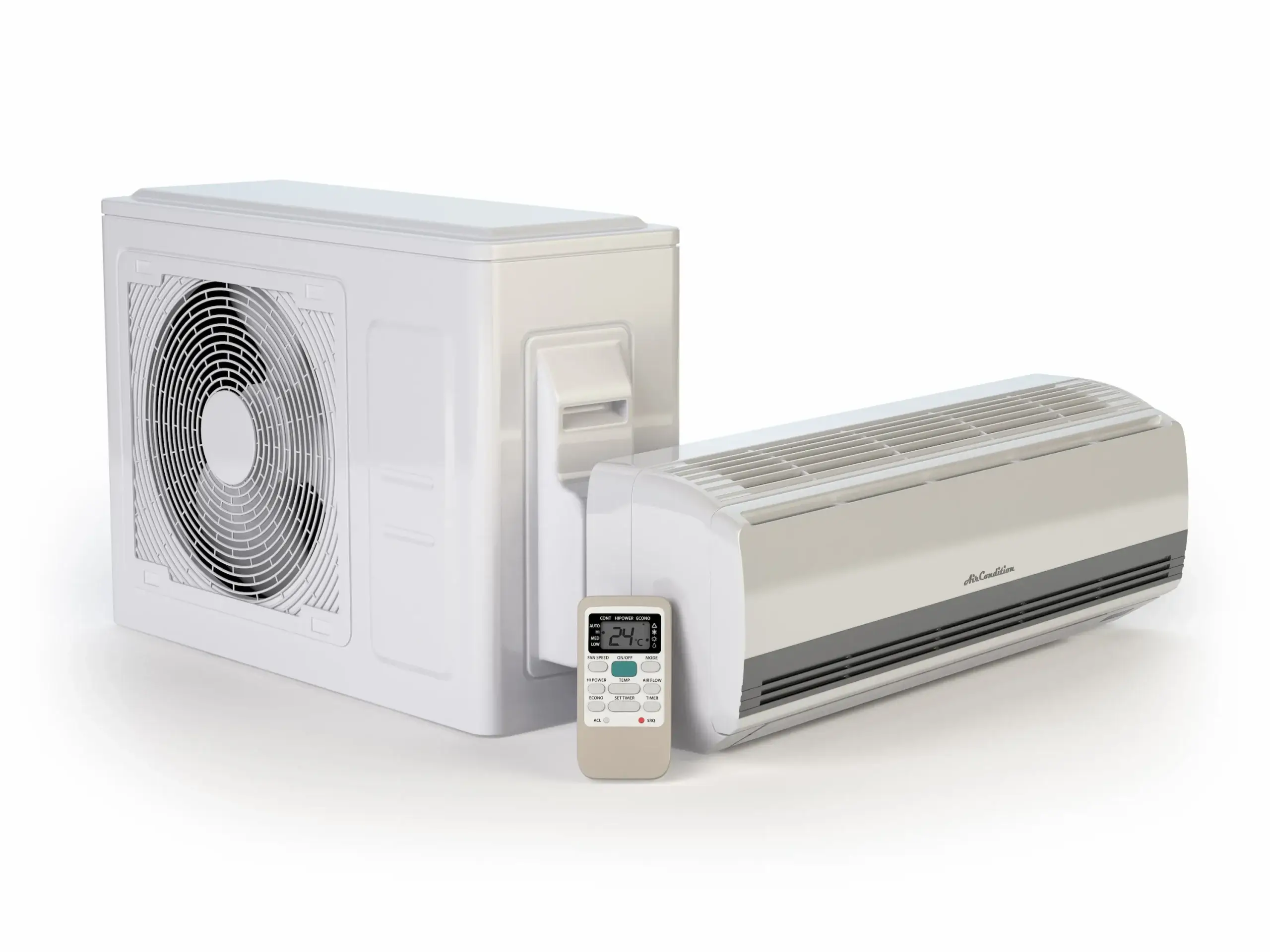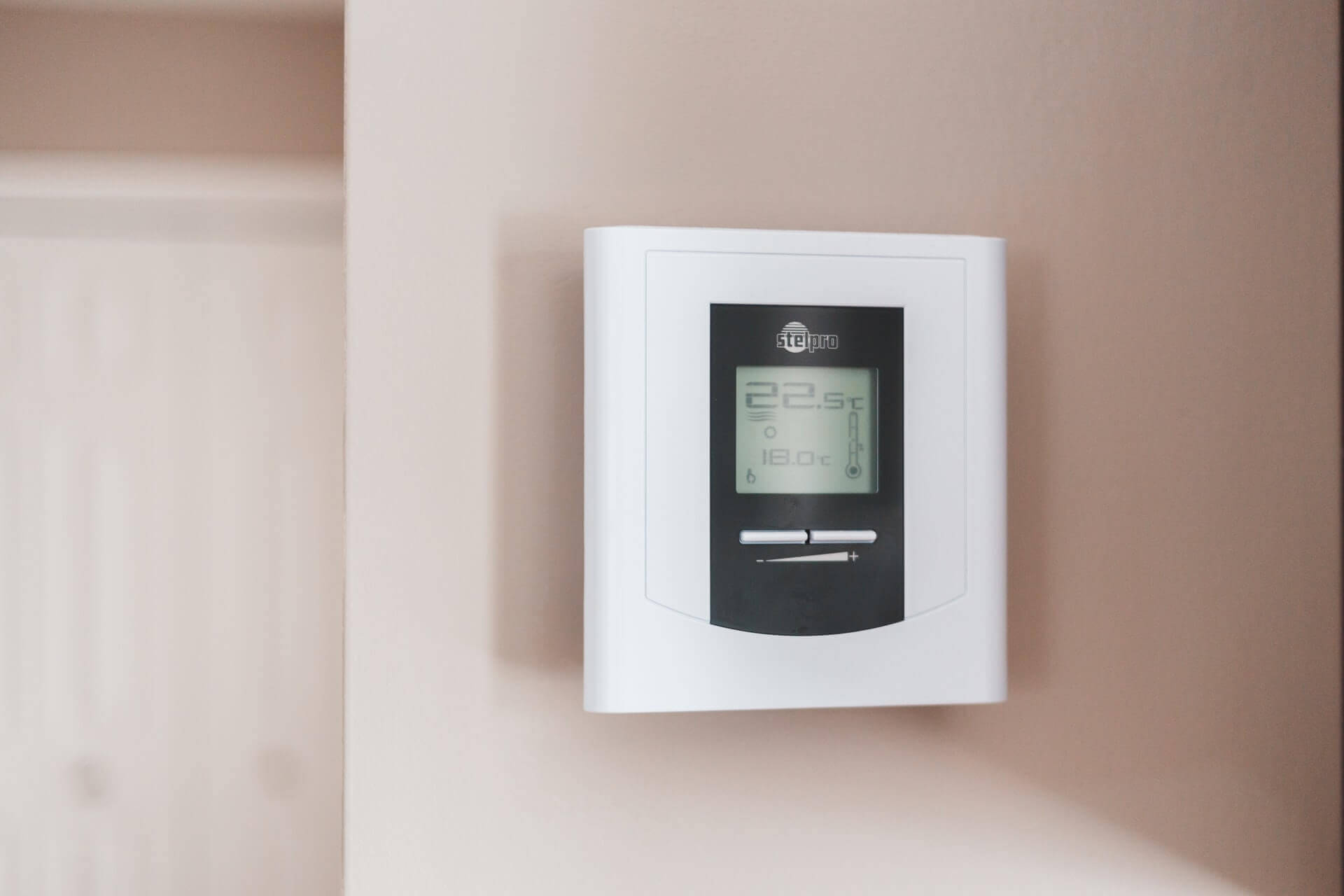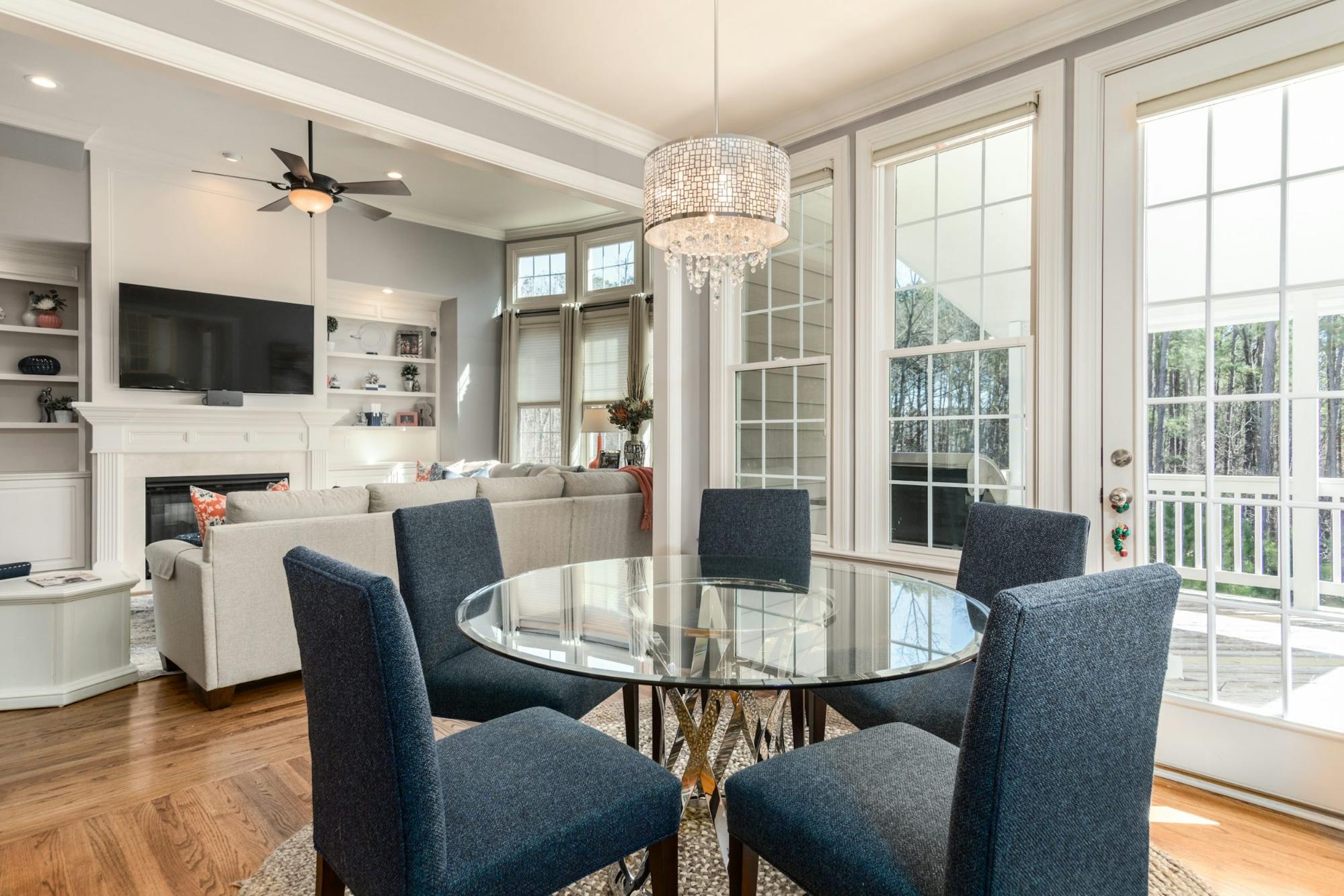The essential criteria for choosing the right air conditioning system for your home

Choosing the right air conditioning system for your home is a critical decision that affects not only your comfort but also your long-term energy costs. With the multitude of options available on the market, it is essential to understand the key criteria that will guide your choice. This article explores in detail the factors to consider when selecting an air conditioning system, from the size of the area to be cooled to ecological considerations, in order to help you make an informed decision tailored to your specific needs.
Size of the zone to be cooled - an accurate calculation
When it comes to determining the size of the area to be cooled, accurate calculation is essential to ensure the optimal efficiency and performance of the air conditioning system. The calculation process should take into account a variety of factors, including the total area of the area, ceiling height, insulation, sun exposure, and other specific characteristics of the structure. These combined elements make it possible to determine the total heat load, that is, the amount of heat that the system will have to extract to maintain a comfortable temperature. A system that is oversized compared to the real needs of the area will cause short and frequent operating cycles, which can lead to excessive humidity and energy inefficiency. Conversely, an undersized system may run continuously to try to meet demand, leading to overconsumption of energy and operational inefficiency. By carefully understanding the specific requirements of the area to be cooled, it is possible to avoid these pitfalls, maximize energy efficiency and ensure constant thermal comfort.
Energy Efficiency - Reducing Long-Term Costs
An essential criterion is the energy efficiency of the air conditioning system. Look for models that have a high SEER (Seasonal Energy Efficiency Ratio) rating, which indicates better efficiency. While more efficient systems may have a higher initial cost, they will result in significant energy savings over time. ENERGY STAR certified appliances are also good indicators of energy efficiency and may be eligible for government incentives.
System Type - Varied Air Conditioning Options
There are several types of air conditioning systems, each with its own specific advantages. Central air conditioning systems provide consistent cooling throughout the home, while individual units, like window air conditioners or mini-splits, are ideal for specific spaces. Heat pumps can also be used as heating systems in winter. Understanding the characteristics of each type will allow you to choose the one that best suits your needs.
Indoor Air Quality - A Healthy Environment
Beyond simply regulating temperature, indoor air quality is a crucial aspect to consider when choosing an air conditioning system. Some modern systems are equipped with advanced features aimed at improving the air quality inside your home. High-performance filters are one of these characteristics, which can effectively trap fine particles, allergens, and air contaminants.In addition, air conditioning systems can be equipped with air purification devices that eliminate bacteria, viruses, and molds, thereby helping to create a healthier indoor environment. Dehumidification is also an important feature, as it helps control excess humidity, creating unfavorable conditions for mold growth and mite proliferation. Investing in an air conditioning system that incorporates these characteristics can have significant health benefits for your family. Good indoor air reduces the risk of allergies, asthma, and other respiratory problems, improving the overall quality of life. When selecting a system, it is therefore essential to consider not only its ability to cool effectively, but also its contribution to creating a healthy indoor environment.
Environmental Considerations - Making a Sustainable Choice
In the current context focused on sustainability, it is imperative to take ecological considerations into account when choosing an air conditioning system. Opt for systems that use environmentally friendly refrigerants, such as R-410A refrigerants, that reduce the carbon footprint. Additionally, explore options for recycling old systems to minimize the overall environmental impact. Making an ecological choice in terms of air conditioning is a concrete way to contribute to the preservation of our planet.
Government Incentives and Grants - Maximizing Savings
Many governments offer financial incentives to encourage the adoption of energy-efficient solutions. Learning about these programs is crucial to maximizing savings while contributing to more sustainable practices. Some grants can cover part of the purchase and installation costs, making the switch to a more energy-efficient solution even more attractive.In conclusion, choosing the right air conditioning system is a significant decision that will influence your daily comfort, your energy costs and even the environmental impact. By carefully evaluating the size of the area to be cooled, energy efficiency, type of system, indoor air quality, ecological considerations, and looking for government incentives, you can make an informed decision. Always consult professionals for personalized advice, as they can guide you to the ideal solution for your specific home. By making thoughtful choices, you can transform your home into a haven of comfort, while respecting the environment and saving money in the long run.
Guarantee: No traces, no stress — only lasting results.
5 000 +
96%
$6,275



.avif)



